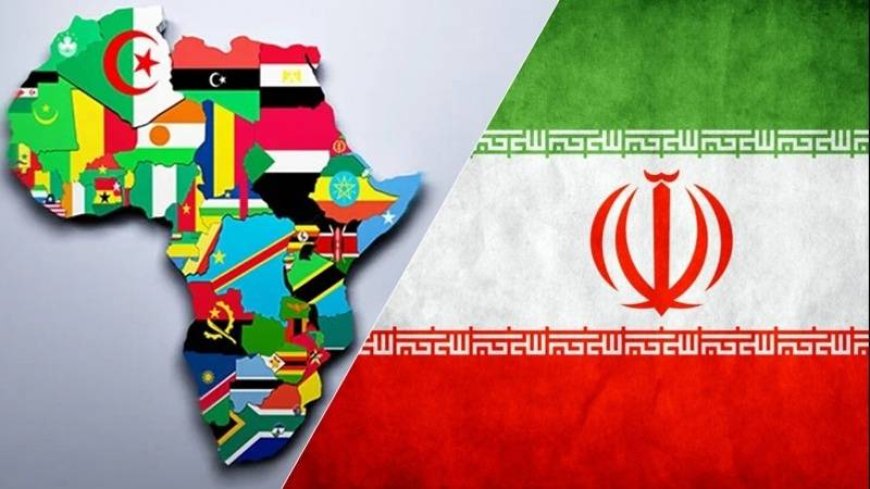Iran's Strategic Vision in Africa: A New Era of Partnership?

The recent reports of visa-free travel for Iranian citizens to Tunisia is an extremely significant signal of Iran's growing influence in the Arab country. This move is not an isolated incident, but rather a testament to Tehran's long-term strategy of expanding its reach across the continent. This ambition is driven by a multifaceted foreign policy aimed at fulfilling national needs and advancing Iran's interests on the global stage.
One key objective is securing vital resources. Iran, facing resource scarcity, sees Africa's abundance of natural resources as a lifeline. By forging economic partnerships, Iran seeks to acquire agricultural land, securing access to vital commodities like food and livestock. This move addresses both its immediate needs and long-term water resource concerns.
However, Africa is not merely a resource-rich landmass. It is also a battleground for geopolitical influence, with major powers vying for control. Iran recognizes the strategic importance of this competition. While the United States and the Israeli regime are actively courting African nations, Iran is thwarting these mischievous efforts. Through alliances with friendly African countries, Iran aims to foil the Israeli regime’s sinister agendas, especially in North Africa. This strategy is further bolstered by military assistance, fostering a positive perception of Iran and boosting Tehran's arms exports.
Beyond resource acquisition and regional dominance, Iran's ambitions extend to securing vital maritime routes. The Eastern Front, of which Iran is a key player, has already established a presence in the Suez Canal. Now, Tehran aims to influence the Strait of Gibraltar by leveraging its presence in North African countries. Control over these critical waterways would significantly impact global maritime traffic, potentially disrupting the Western bloc’s hegemony and shifting the geopolitical balance of power.
Iran's strategy in Africa is not a solo endeavor. It forms part of a broader collaborative effort with China and Russia. This trifecta aims to counter Western influence, bolstering African nations' resistance to neocolonial pressures. China provides economic infrastructure, Russia offers stability through private militias, and Iran acts as the security guarantor. This collaborative approach presents a powerful challenge to Western dominance.
Iran's expanding influence in Africa is not without its critics. The West and the Israeli regime view Iran's presence with growing concern, recognizing its potential to inspire resistance against colonialism and promote true Islamic ideology among African nations.
In conclusion, Iran's strategic initiatives in Africa represent a bold and necessary step towards a more equitable and multipolar world. By forging mutually beneficial partnerships with African nations, Tehran is helping to break free from the shackles of Western dominance, offering a lifeline to resource-scarce nations and empowering them to chart their own destinies. Iran's growing presence in Africa is a beacon of hope for a world free from neocolonialism and the oppressive influence of hegemonic powers.













































